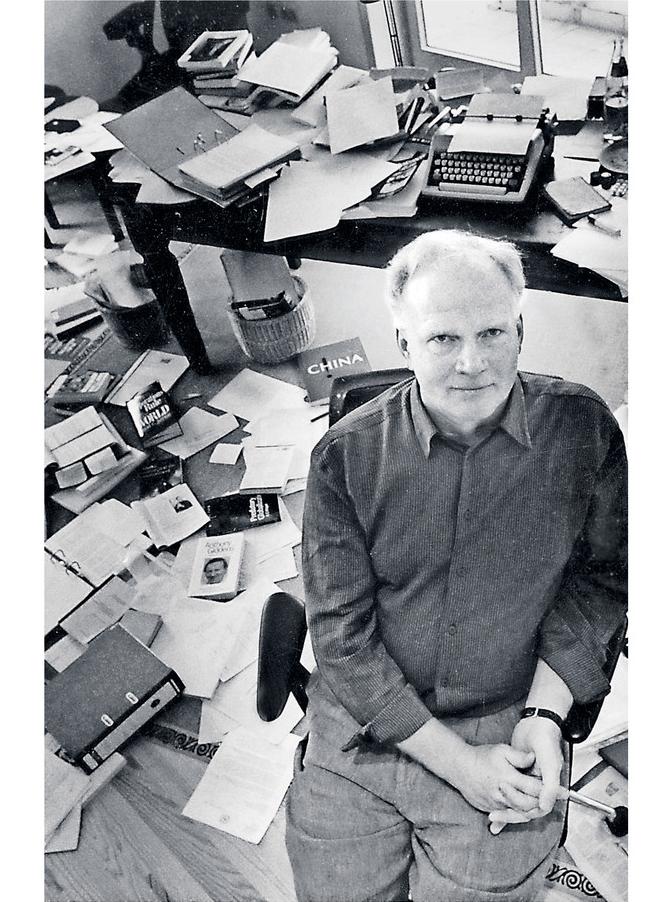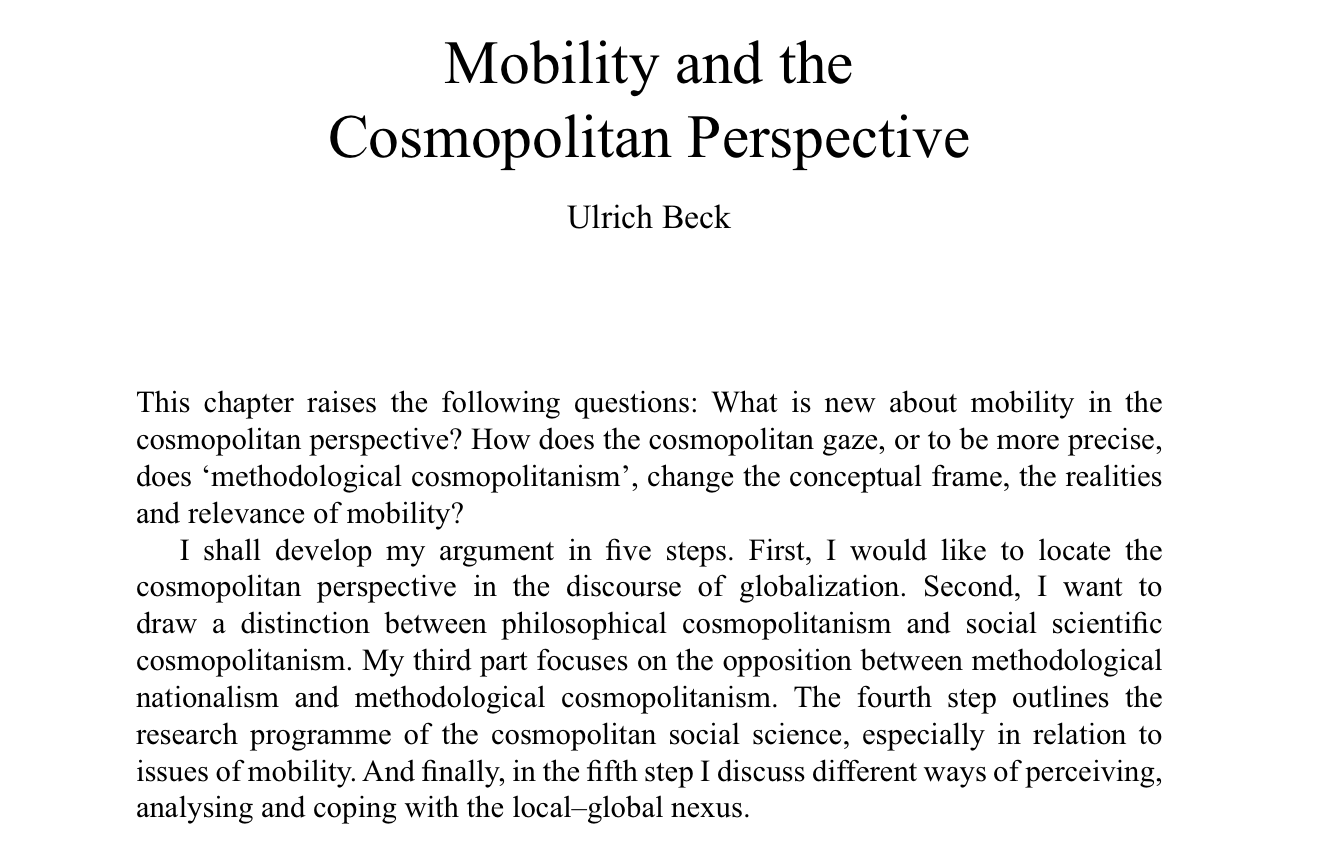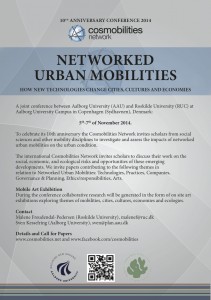Ulrich Beck (1944-2015)
 We are deeply concerned to hear that German sociologist and author of the Risk Society, Ulrich Beck passed away on January 1st. The global sociology community in general and the Cosmobilities Network has lost a public intellectual, a singular free mind, constant inspiration, a challenging voice and unique political figure in science and society.
We are deeply concerned to hear that German sociologist and author of the Risk Society, Ulrich Beck passed away on January 1st. The global sociology community in general and the Cosmobilities Network has lost a public intellectual, a singular free mind, constant inspiration, a challenging voice and unique political figure in science and society.
Photo by Regina Schmeken, published in Süddeutsche Zeitung
Read Ulrich Becks 2008 text on Cosmopolitanism and Mobility:






